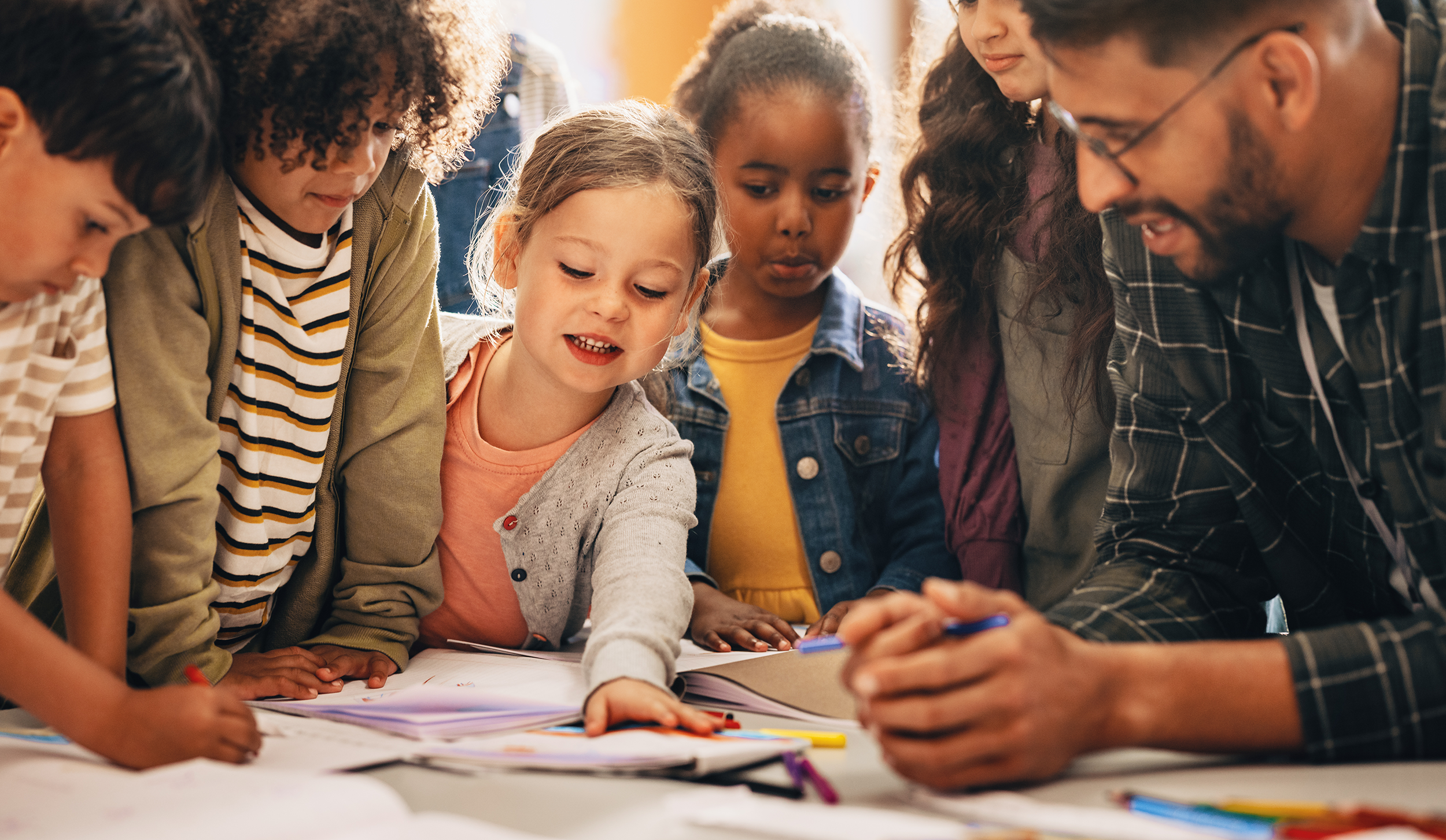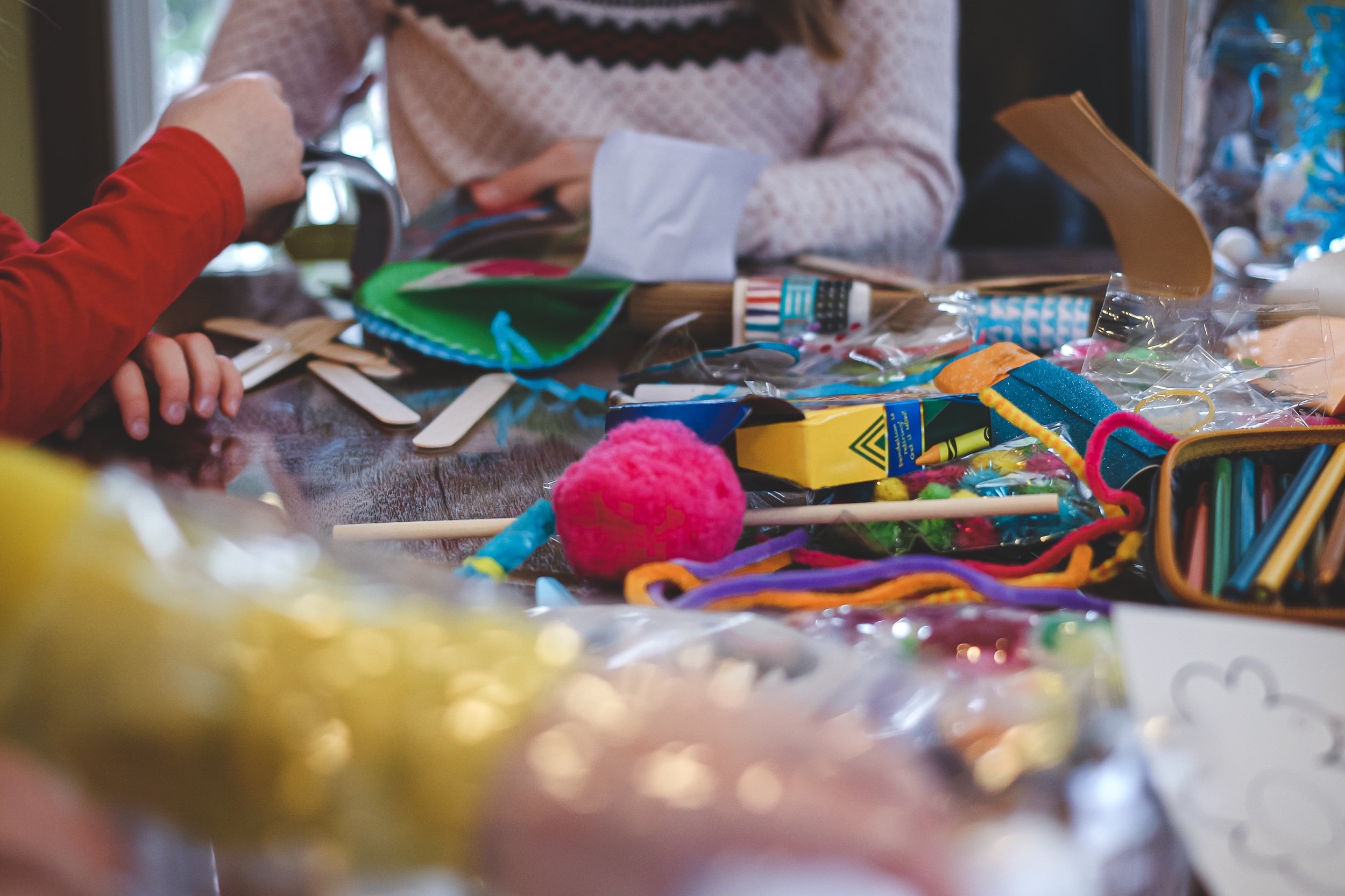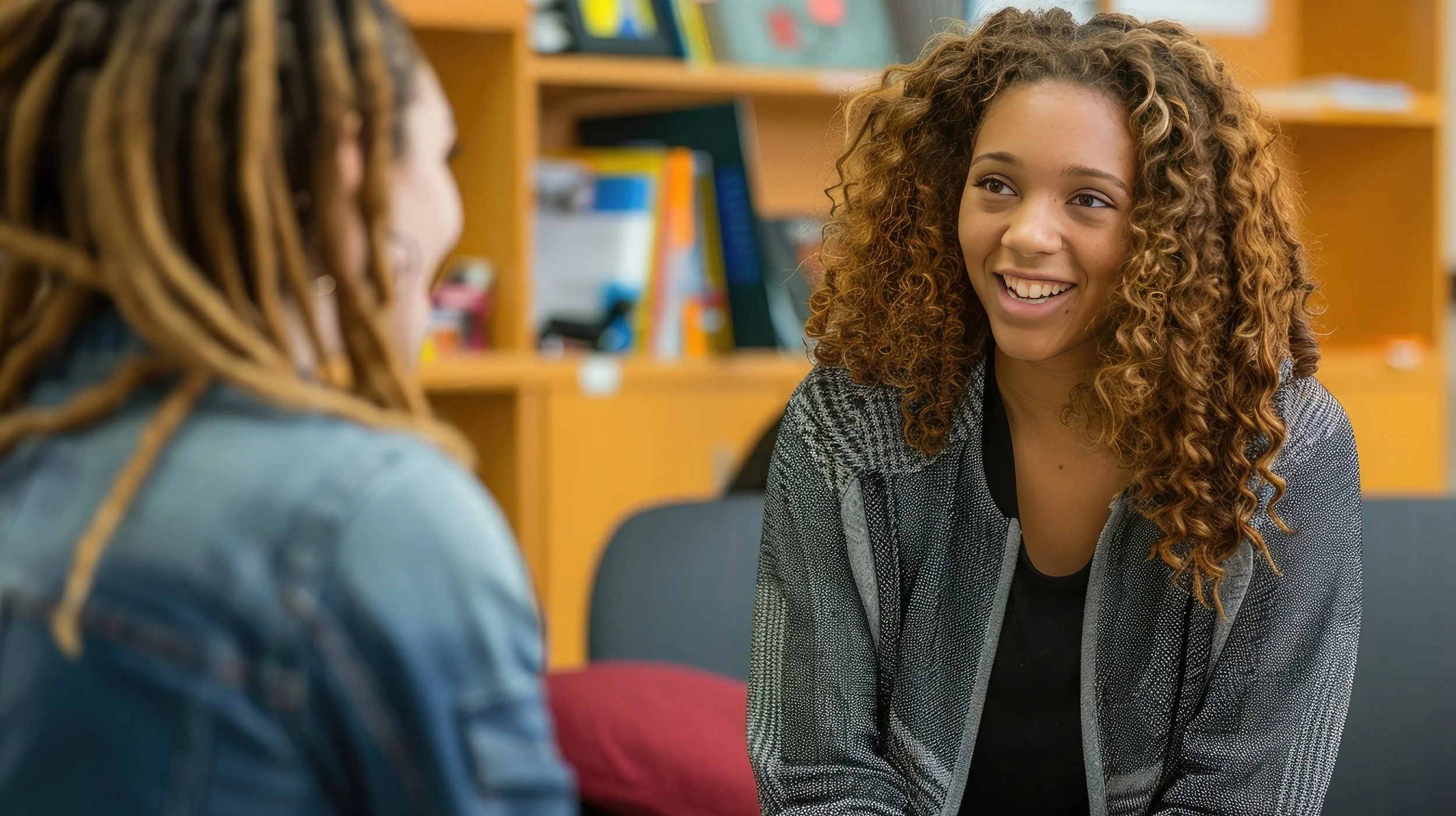Everyday Gratitude Strategy
Research shows that gratitude is a predictor of both physical and mental well-being; it also can be regarded as a moral emotion related to recognizing the feelings and intentions of others. In turn, gratitude can lead to increased motivation to reciprocate and extend generosity to others.
Many students might not give or receive gratitude in their lives, even though it is shown to foster positive relationships, and also to mitigate the effects of depression and anxiety. By providing students with intentional and varied opportunities to practice gratitude — for instance, through writing thank you notes and considering positive events in their daily lives — students will come to appreciate others, and ideally be inspired to think and act more generously, factors that have been associated with empathy.
With this light-lift strategy, students explore the concept of gratitude through self-reflection and writing thank you notes to people in their lives to recognize things they appreciate about people in their classroom, school, and beyond. Students also engage in activities that encourage them to consider both real and hypothetical situations around the positive things in their lives.
Last reviewed December 2023.
Overview
For: Educators, counselors, peer leaders, and anyone who works with youth
Ages: K-12
Resource Type: Strategy
Time Commitment: 1x/week; 5 times in total













